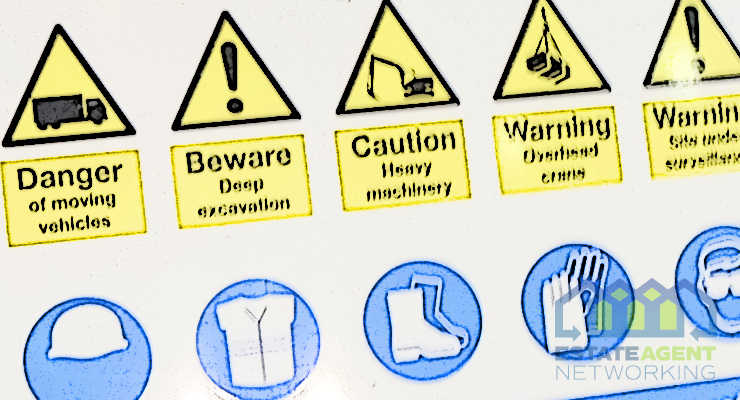What is the difference between Leasehold and Freehold?
One of the most common questions I get asked, and one of the areas of most confusion, is when it comes to the difference between Freehold and Leasehold properties.
It is very important to understand the difference, especially as some new-build companies are controversially selling homes as Leasehold, when traditionally, houses have been sold as Freehold. I have written before about it, so do look up my earlier articles if you want to find out more about what has been termed the ‘Leasehold Property Scandal’ (Link).
Broadly speaking, most homes are sold as Freehold, which means you are the freeholder and own the building and the plot of land it sits upon. That remains the case until you sell your house to another person, who will then become the freeholder.
Often, it’s flats, apartments and commercial properties that are sold on a Leasehold basis. Basically, you buy the right to use or live in the property, as if you own it, for a number of years. You become the leaseholder. However, the freeholder, or landlord, still owns the plot of land it sits upon, and once the term of the leases expires, the property reverts back to them. Obviously the term, or length of the lease is vitally important and can seriously affect the value of the property.
Both Freeholds and Leaseholds come with their own rights and responsibilities, and there are differences relating to houses and flats or apartments. I have listed the most important ones below.
What is Freehold?
• The preferred option when buying a home, as you own it outright.
• You won’t be charged ground rent.
• You won’t have to rely on anyone else for maintenance and upkeep of the building.
• Most freestanding houses are sold as Freehold, although there is a now trend among new-build companies to sell new homes as Leasehold. Make sure you know before you buy as you could find yourself facing rising costs you weren’t expecting.
What is Leasehold?
• Most flats and commercial premises are sold as Leasehold.
• Leases are usually long-term, but anything less than 80 years is considered short.
• The leaseholder enters into a contract with the freeholder/landlord, setting out the terms of the lease.
• Leaseholders normally pay an annual ground rent set by the landlord, plus other charges such as maintenance charges, a percentage of the buildings insurance, and service fees.
• There may be restrictions on the lease, such as not subletting the property or owning pets.
• If you break the terms of the lease, the landlord has the right to take back the property.
• If you are thinking about buying a Leasehold property with a short lease term, then you should consider extending the lease. However this can be very expensive. Seek legal advice before parting with your money.
What are the common problems with leasehold properties?
Obviously many people live in flats and apartments with no problems with their lease, the fees or their landlord. However there are issues I find cropping up regularly, such as leaseholders feeling that the landlord doesn’t maintain the property or the communal areas adequately, or that their fellow leaseholders are not fulfilling their obligations. From the freeholder point of view, a common complaint is that leaseholders have carried out building works without permission or are flouting the lease restrictions.
Should I buy a property with a short Leasehold?
If a property is being sold with a lease of less than eighty years left on it, then you really need to do your homework and I would suggest taking legal advice from a specialist in this area. The shorter the time left, the more it devalues the property. Mortgage lenders are also reluctant to lend on properties with a short lease, which of course makes them very difficult to sell.
I would recommend not going ahead unless the lease has at least 90 years left on it, or unless you can negotiate with the freeholder to extend it. However this can be expensive, so do make sure that what at first appears to be a bargain isn’t it fact hiding a financial nightmare. Also bear in mind that renegotiating a lease can take many months, an important fact if you are trying to sell your current home in order to move.
Extending your lease
The government has brought in a number of measures to protect leaseholders in the cases of short leases, which include the right to extend or even buy the property outright (known as ‘enfranchisement’). The rules vary depending on whether it is a flat or a house, and the whole process can be complicated and very expensive. Consult a specialist before you make any decisions when either buying or selling property with a short lease.
Written by: Alex Goldstein – alex@alexgoldstein.co.uk









